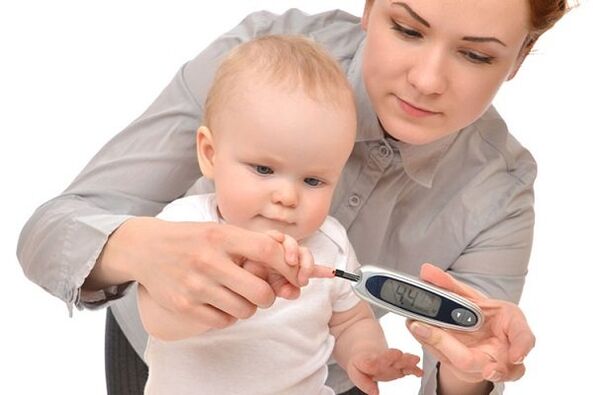To prevent this disease, it is necessary to know the main symptoms of diabetes. Diabetes mellitus is a chronic endocrine disease caused by absolute or partial insulin deficiency or tissue insensitivity to this hormone.
Often the disease is also referred to as the "silent killer". Statistics show that around 50% of patients are unaware of their problem and continue to live normal lives while sugar slowly destroys their bodies.
According to the World Health Organization, the disease ranks among the top three among all diseases, after cardiovascular and tumor pathology. According to their projections, the number of patients will double every 15 years.
All of this demonstrates the need for correct and above all timely diagnosis and adequate treatment of the disease. Everyone should know the first symptoms of diabetes in the modern world and be ready to start treatment.
early signs of disease
Let's take a closer look, what can the symptoms of diabetes be? Like any other pathological process, diabetes has early, peak and end stages with very broad symptoms.

In order not to put the case in a disadvantageous position, promptly suspect the existence of the disease and consult a doctor. The initial symptoms of diabetes like to masquerade as a common cold infection.
These include:
- Persistent fatigue and desire to sleep.
- Frequent urination, incontinence, nocturnal urination.
- Significant weight loss for no apparent reason.
- Small wounds and cuts take a long time to heal.
- Decreased sexual activity in men, premature ejaculation problems.
- Hunger, even without any physical exertion, is difficult to satisfy with the usual portions of food.
- Decreased quality of vision, blurred vision and diplopia.
- Slight tingling in the tips of fingers or toes. Violation of small movements and tactile sensitivity.
- People with diabetes are thirsty and crave more water. Water consumption can exceed 3-4 liters per day.
- Urinary and reproductive tract infections in women.
As you can see, these symptoms are very nonspecific and are usually attributed to hard work, stress, or a cold. But if they start to develop in a person, the best solution is to consult a doctor and do blood tests for blood sugar and HbA1c >.
Symptoms of illness in minors
In most cases, the first symptoms of diabetes in children are the same as in adults. However, in order to diagnose in time, you need to be aware of some nuances.

A 7-year-old's first "bell" can be:
- Polydipsia or extreme thirst. Children, even during normal physical activity, often want to drink water.
- Urinary incontinence during sleep when this has not happened before.
- Proper diet can lead to significant weight loss.
- Nausea and vomiting occur frequently.
- School problems, poor performance, mood swings, aggression.
- Increased bacterial diseases of the skin (boils, carbuncles, barley, etc. ), persistent itching.
- During adolescence, girls may develop thrush or other bacterial lesions.
The problem is that parents ignore these signs in their children, which often leads to the development of hyperglycemic coma and the development of obvious complications that are difficult to treat.
In very young children, it is also important to be able to suspect diabetes. They can't say what they're worried about, but mom or dad needs to be able to understand their child.
The first symptoms of hyperglycemia in infants may be the following:
- In the presence of a good appetite, the child is gaining little or no weight at all.
- The baby's constant restlessness will only go away when he drinks.
- Diaper rash in the groin area that occurs more frequently than usual and does not respond to standard treatments.
- A special case of diapers after children's urine has dried - they become as if starched.
- Maybe sticky spots form on surfaces that the baby's urine comes in contact with.
- With the acute development of the disease, vomiting, diarrhea, and dehydration of the body may appear sharply.

The ability to suspect disease is critical. Unfortunately, the average person sometimes does not fully understand the severity of the initial symptoms of diabetes. Because of this incorrect attitude toward oneself and one's health, more than half of the cases that establish a correct diagnosis fall into the advanced state - hyperglycemic coma.
Its symptoms are:
- the patient loses consciousness;
- dry skin;
- A drop in blood pressure and an increased heart rate;
- There is a characteristic acetone odor in the mouth.
In this case, the patient needs to be hospitalized immediately and receive adequate insulin medication.
In general, every citizen should be aware of the first signs and symptoms of diabetes in order to prevent such conditions and diseases.

























